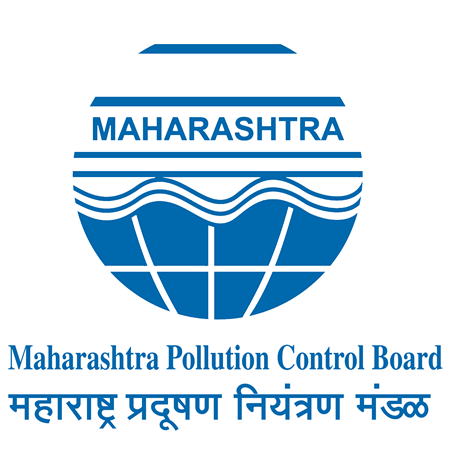POLICY AND GUIDELINES
The Government of India (GOI) legislates various acts, rules, and regulations regarding SWM. To understand the complete policy and law structure for waste management it can be categorized into three sections Waste Management Rules, CPCB and State Pollution Control Broad guidelines, State level government regulations.
UNDERSTANDING THE LEGISLATIVE STRUCTURE:
For the successful implementation and monitoring of the implementation of these rules various government agencies are working, the role of these agencies is defined below:
WASTE MANAGEMENT RULES IN INDIA
The Environment Protection Act, of 1986 provides for protecting and improving the environment and preventing hazards to human beings, other living creatures, plants, and property. The decisions were taken at the United Nations Conference on the Human Environment held in Stockholm in June 1972, in which India participated, to take appropriate steps for the protection and improvement of the human environment.
Based on articles in the 1986 act Municipal Solid Waste (Management and Handling) Rules, 2000 was introduced in India. New SWM Rules, 2016 replaced these old rules. The new rules now apply beyond municipal areas and included urban agglomerations, census towns, notified industrial townships, areas under the control of Indian Railways, airports, special economic zones, places of pilgrimage, religious and historical importance, and state and central government organizations in their ambit.
RULES AND AMENDMENTS

CPCB AND MPCB GUIDELINES
The Central Pollution Control Board (CPCB), the statutory organization, was constituted in September 1974 under the Water (Prevention and Control of Pollution) Act, 1974. Further, CPCB was entrusted with the powers and functions under the Air (Prevention and Control of Pollution) Act, 1981.
It serves as a field formation and also provides technical services to the Ministry of Environment and Forests of the provisions of the Environment (Protection) Act, 1986. Principal functions of the CPCB, as spelled out in the Water (Prevention and Control of Pollution) Act, 1974, and the Air (Prevention and Control of Pollution) Act, 1981, (i) to promote the cleanliness of streams and wells in different areas of the States by prevention, control and abatement of water pollution, and (ii) to improve the quality of air and to prevent, control or abate air pollution in the country.
GENERAL GUIDELINES FOR ALL TYPES OF WASTE


MAHARASHTRA STATE GOVERNMENT GRs
According to the 12th Schedule of the Constitution of India, Urban Local Bodies (ULBs) are responsible for keeping cities and towns clean. The state government’s role is more in implementing various rules and regulations, taking general resolutions, making an action plan for implementation, etc.
Here are some important Government resolutions for the urban local bodies and concerned stakeholders:



